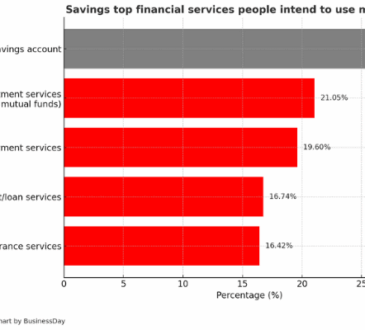
I’ve always liked the idea of investing in property and feel much more comfortable doing so than investing in the stock market (although I do invest in stocks with my pension). I have the funds to start with a couple of properties and can buy more with savings in the future, but I can’t help wondering if now is the right time, especially with so many landlords reportedly selling up. What would you advise?
Siobhan, Mansfield
Many people may disagree, but we believe there’s a lot to be said for investing in whatever makes you comfortable.
You could debate the merits of property versus the stock market all day long. Ultimately, though, if property is what’s going to get you excited to save and invest for the long term, it’s likely to be better than either doing nothing or forcing yourself into an investment that you struggle to trust. If you lack confidence in an investment, there’s a risk that you may panic and sell when the market dips.
As for whether now is the right time, opinions on that will vary too. We’ve been writing about property for 12 years, and during that time there has always been some argument as to why getting into property now is a bad idea.
In fact, the only time we can recall a lack of worry and negative sentiment was during the mini-boom of 2021, which, as it turned out, wasn’t the best time to invest.
When it comes to landlords selling up (which they very much are), what’s easy to miss is that there are also plenty of new investors coming in — but the characteristics of those exiting the market differ from those entering, which could give you an important clue about whether property is the right choice for you.
It’s undeniable that investing in property has become more challenging over the past decade in terms of legislation and tax treatment. Add to that the recent trend of rising interest rates and many long-term investors who’ve had a good run are now deciding to take their gains and invest elsewhere.
We tend to speak more with people who are just getting started in property, and what’s notable is that they’re taking a more professional, business-like approach than many landlords did in the past.
By taking that attitude — not expecting quick gains and focusing on a long-term perspective — we believe that when they look back in 20 years they’ll be glad they got started.
Getting into property now does require careful consideration of how to structure your investments, how to manage them effectively and how to deal with all the legislation. It’s also important to have a credible plan that sees you eventually getting beyond just one or two properties, because achieving some level of scale is necessary to make the upfront investment of time worthwhile.
If that sounds like a journey you’re up for, then take your time and see how you feel about property once you’ve done some more research.

Should I refinance my properties so I can pay into a pension?
Over the past seven years I have invested in three buy-to-let properties using interest-only mortgages. I have always prioritised property investment over contributing to a pension, but now, at the age of 37, I do have concerns about having all of my eggs in one basket. When the time comes to remortgage, would there be any concerns or considerations with refinancing my three properties and using the released cash to contribute into a self-invested personal pension (SIPP) to diversify?
Dan, Telford
If you have substantial equity in your investment properties and want to diversify your portfolio without selling them, you should be able to extend your borrowing and use the extra cash to put into your SIPP. It’s unconventional, but it’s really no different from if you’d taken out larger mortgages and held back cash to contribute to your pension in the first place.
Amy Zakary from Keys Mortgages has confirmed with us that some lenders are happy with this arrangement. There’s a possibility that the lenders you’re with won’t be comfortable with your proposed use of the funds, but if that’s the case you can always remortgage with another lender.
By working with a mortgage broker you can look at an illustration of your extra mortgage costs over the term of the loan, which you can then weigh up against the income and growth in your SIPP that you anticipate. You will of course have extra risk from having a higher loan-to-value on your mortgages, but this is unlikely to be a big concern given that you probably won’t be able to borrow beyond 75 per cent anyway. The higher monthly interest payment obligations are more of a concern, but again a lender will stress-test your borrowing against rates being higher in future.
You’ll need to bear in mind, though, that once the money is in a SIPP you won’t be able to access it again before the age of 55 without significant penalties — so this is a one-time decision that you need to be comfortable with and confident in. Even so, you would still have the option of selling one or more of your properties to reduce or clear the debt.
Submit your questions for the Two Robs at propertyhub.net/sundaytimes
Rob Dix and Rob Bence are the presenters of The Property Podcast. They co-founded the property investors’ community Property Hub and the investment app Portfolio. Dix has written four books on investing and renting, including Property Investment for Beginners




